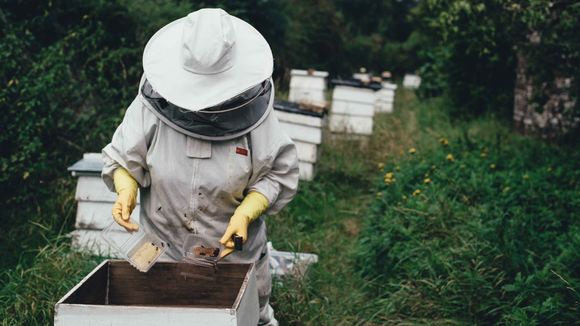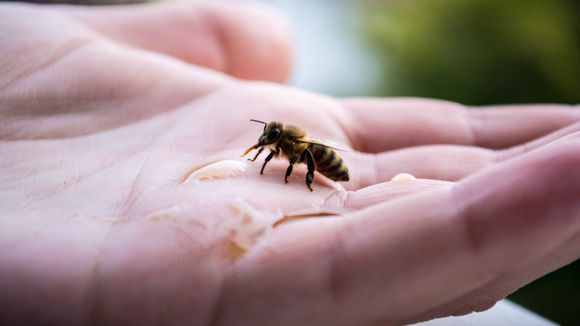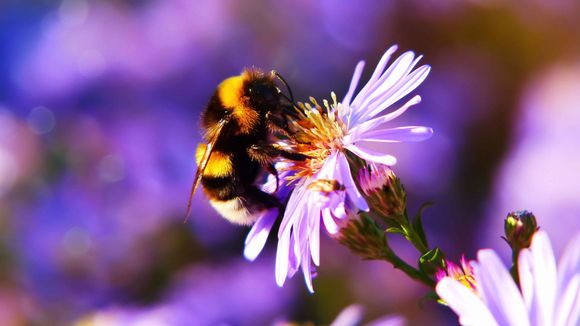Understanding Autoimmune Diseases
Autoimmune diseases occur when the body's immune system mistakenly attacks its own healthy cells. The rising incidences of conditions like rheumatoid arthritis, lupus, and multiple sclerosis have made understanding the causes of these diseases a priority in the medical field.
Beekeepers' Unique Exposure
The primary role of beekeepers in tending to hives, caring for bees, and producing honey inherently includes frequent exposure to bee stings. Contrary to what one might assume, this recurring contact might be the key to beekeepers' low rates of autoimmune conditions. The secret lies in the bee venom.
The Power of Bee Venom
Bee venom is a potent mixture of proteins, peptides, and enzymes. Known for its anti-inflammatory and anti-arthritic effects, it has been used in traditional treatments like apitherapy. Contemporary research, however, suggests that bee venom may have a role in preventing autoimmune diseases.

Photo by Annie Spratt on Unsplash
Venom Immunotherapy: A New Perspective
Medical researchers posit that beekeepers, due to their regular exposure to small doses of bee venom, might experience an immunomodulatory effect, which could help their immune systems avoid unnecessary attacks on healthy cells. This theory of 'venom immunotherapy' is a trending research topic in the field of allergy studies.
Implications and Future Directions
Although the findings are still preliminary and bee venom cannot yet be endorsed as a prevention method for autoimmune diseases, these developments offer promising pathways for future investigation.

Photo by Fabian Kleiser on Unsplash
The Natural World's Surprising Impact on Health
If this link between bee venom and lower autoimmune disease rates is solidified, it could introduce groundbreaking preventive measures and treatments. The hidden benefits of nature and traditional practices once again reveal potential contributions to contemporary health solutions.
Until we have more conclusive research, it's not advisable to purposely expose oneself to bee stings as a protective measure against autoimmune diseases. However, this breakthrough underlines the impressive, often underestimated, potential of our natural world in shaping our health in surprising ways.









